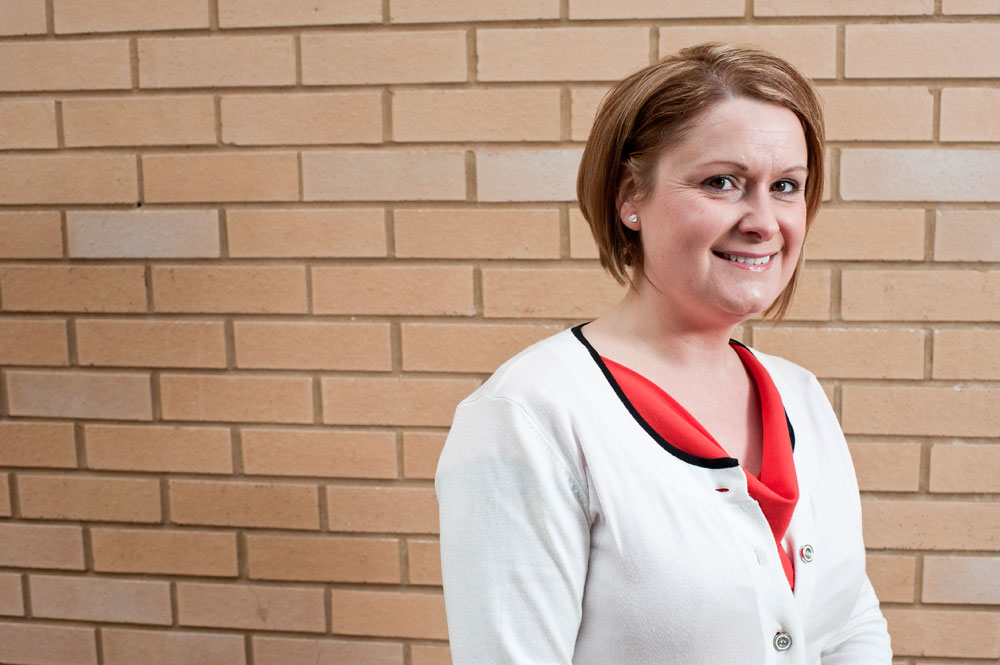Gathering evidence in the sharing of OER
Tuesday 13:00-14:30 (8), Mezzanine Balcony
Type: Poster
Theme: Building and linking communities of open practice
www.jorum.ac.uk #oer14 #abs68Authors
Mrs Louise Egan, Learning and Teaching Communications, Mimas, The University of Manchester, [email protected]Abstract
IntroductionThis poster will highlight a couple of methodologies on how the team at Jorum are collecting evidence on how OER’s are being used and shared. We are thrilled and encouraged to see just how open content is now widely used within teaching, but it is often difficult to understand just how these resources are being used.
Methods
Through a couple of recent campaigns, derived from the need to understand just how our community of OER users actually use open content, we have been encouraging the user community of Jorum to get in touch to share their stories - including how the potential to repurpose and share back is often a daunting, but rewarding task.
The LOVEOER campaign (http://www.jorum.ac.uk/about-us/love-oer) launched late 2013 has been seeking individuals to share just five resources from one subject heading in Jorum that they have used, or has simply inspired them in their teaching. The campaign is offering £75 in Amazon vouchers to those who submit examples.
Our second campaign working with Evidence Base at Birmingham City University aims to formulate case studies on users of Jorum and open content, and how OER is used in general. This is an on-going piece of work, which has given us two ways to obtain stories and case studies.
Results
The LOVEOER campaign has unfortunately seen poor response at initial release, although efforts continue to encourage and build upon communities of open practice. This has been discouraging, even with the incentive of the vouchers. Is this simply down to lack of time, poor publicity of the campaign, inadequate search in Jorum, or the desire not to isolate individual resources?
The Evidence Base project has provided a greater response; suggesting a possible indication that academics do not want to be involved in marketing campaigns as LOVEOER, but are more willing to share their thoughts on OER in general through case studies.
We hope that at the time of OER14, we will have much more to report on both strands of evidence gathering.
Discussion
We are aiming that the poster will demonstrate our findings and elicit response as to how we can help the community in the sharing and promotion of OER, and share stories on how they have made a difference in their learning and teaching.
Other points of discussion include:
* Sharing OER is becoming commonplace, but just how do we encourage these people to share their opinions, and thoughts on the superb resources available in Jorum?
* Tracking the use of OER is a difficult thing to police, due to its open nature. It would be encouraging discussing any ideas as to how we could analyse just how our resources are being used, and their effectiveness. This in turn would allow us to feedback to our valued depositors as to just how their resources are being used. We have moved somewhat forward in the provision of our stats, yet we still have a long way to go.
References
Link to the video of Louise presenting her poster at OER14: https://vimeo.com/93881542Files
Further details
Keywords: OER, Case studies, Evidence, FE, HE, Collections, Feedback, Sharing, Repurposing
Website: www.jorum.ac.uk
Mrs Louise Egan, Mimas Marketing and Communications (L&T services), The University Of Manchester
Twitter: @LouiseEgan77 JorumTeam
Twitter abstract: See the @JorumTeam poster at #OER14 about gathering evidence in the sharing and creation of OER
